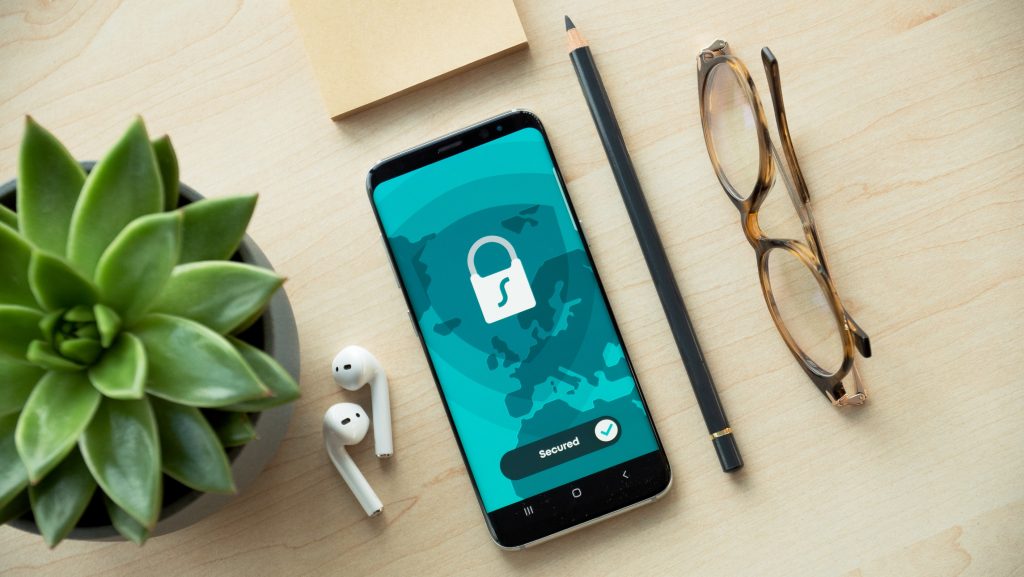Learn how to – How To Surf Safer As A Business Owner.

You’ve started your own e-commerce business, and you’re enjoying a successful campaign. Orders are coming in regularly and your supply chain is solid and reliable. Your bookkeeping is up-to-date and digitized. For all wants and purposes, it could be business-as-usual for you. As long as your supply meets your demand, what is there to worry about?
Then, one day, you’re hacked and your systems go down. Suddenly, your business isn’t operational. It’s a complex, stressful situation to be in, and one that is becoming all too familiar for business owners. Over the past decade, the influx of attacks on small and medium-sized enterprises by cybercriminals is on the up. Conglomerates are regularly targeted too, with their massive banks of consumer data. But they can pour millions of dollars into their security infrastructure and PR teams can sweep the bad news away in a few news cycles.
It’s not quite so easy for a small business. The average damages sustained in 2017 by SMBs who fell foul of a cyber attack was $2.235 million. What’s more, the attacks are getting smarter, they’re much less simple to defend against. Staying secure online is important as an individual and as a business, the simple fact is that the online world has to be taken seriously. It’s full of opportunity but has to be respected at the same time.

Keep It Between Yourselves
The type of business you are in will dictate what security features you’re going to need to apply. However, one almost inescapable point of contact for any business is with other businesses. Whether you’re buying or selling goods or services, you’re going to need a means of connecting to and sharing sensitive data with other companies – contracts, orders, invoices, and the like, via internet connection. B2B makes up a huge proportion of sales, too. E-commerce accounts for some 13% of all B2B sales in the U.S., and a volume of $6.7 trillion annually. Communication between your business network and another’s can be a fundamental element of your business relationship.
That’s why the first piece of advice is to invest in a B2B VPN. They’re easy to find, cost-effective and a VPN download takes no time to integrate compared to building infrastructure yourself. Virtual Private Networks will allow you to communicate online as if you’re on a private network. Major businesses treat them as fixed, necessary costs, some SaaS companies are built entirely around supporting VPNs to allow businesses to communicate with confidence. Our best advice? Pay for one, install it, and forget about it. You’ll be happier you have.
Another thing about the beauty of the modern technology we have at our disposal includes being able to run businesses from virtually anywhere. However, digital nomads rely on one thing that can be infinitely riskier than a weak password – public WIFI. Your VPN will do a lot of good, but consider storing things in encrypted clouds, too, rather than openly on your desktop. Equally, don’t take unnecessary risks – input the least sensitive data you can on these networks, don’t leave devices physically unattended, and – if you’re really serious – consider insurance policies for your business.

Plugging The Gaps
Once you’re able to operate online with a little more privacy, it’s time to confront a simple fact. Anything that disrupts your cash flow is putting huge pressure on an SMB. Well over 80% of small businesses fail due to cash flow issues. So, a cyber attack that stops that income is unacceptable.
Your first port of call is understanding where your vulnerabilities actually are. If your business relies on social media accounts to reach your audience, that’s an area of priority. If you store designs, business plans, or communications in the cloud, losing access to that data is going to be detrimental. Identify your weak spots and plug them.
Don’t Speak Their Language
Our final recommendation is tried, tested and you’re probably tired of hearing it. But your passwords can be your best friend or worst enemy depending on how you treat them. We’re all familiar with the usual tips. Don’t replicate the same one over all your accounts, don’t make it easy, DON’T make it the phrase ‘password.’ However, this isn’t always practical. You might use numerous accounts to securely operate your business dealings.
Consider a secure password manager, that allows you to use virtually uncrackable passwords (long series of random characters, letters, and numbers) and will prompt you to change them periodically. Another feature available on many platforms is 2FA (two-factor authentication). Don’t ignore it! It takes a minute to set up and simply means verifying access via another device to log in, like your phone. Many businesses, even large ones, rely on 2FA as a simple, quick way to secure multiple different accounts, say an entire team of employee laptops with relative ease.
Security works like any part of a business. Invest in it, and enjoy the results. Fail to address it, and you’ll likely pay the price. The difference with tools like VPNs and password managers is that you rarely see the benefit in increasing profits or numbers. If you never hear from these services or see any alerts, then you’re getting what you paid for. If there’s anything you can learn from the big businesses – and their teams of security engineers, robust server defenses, and endless support functions for user account protection it’s this: Don’t put a price on security.
Leave a Reply
You must be logged in to post a comment.